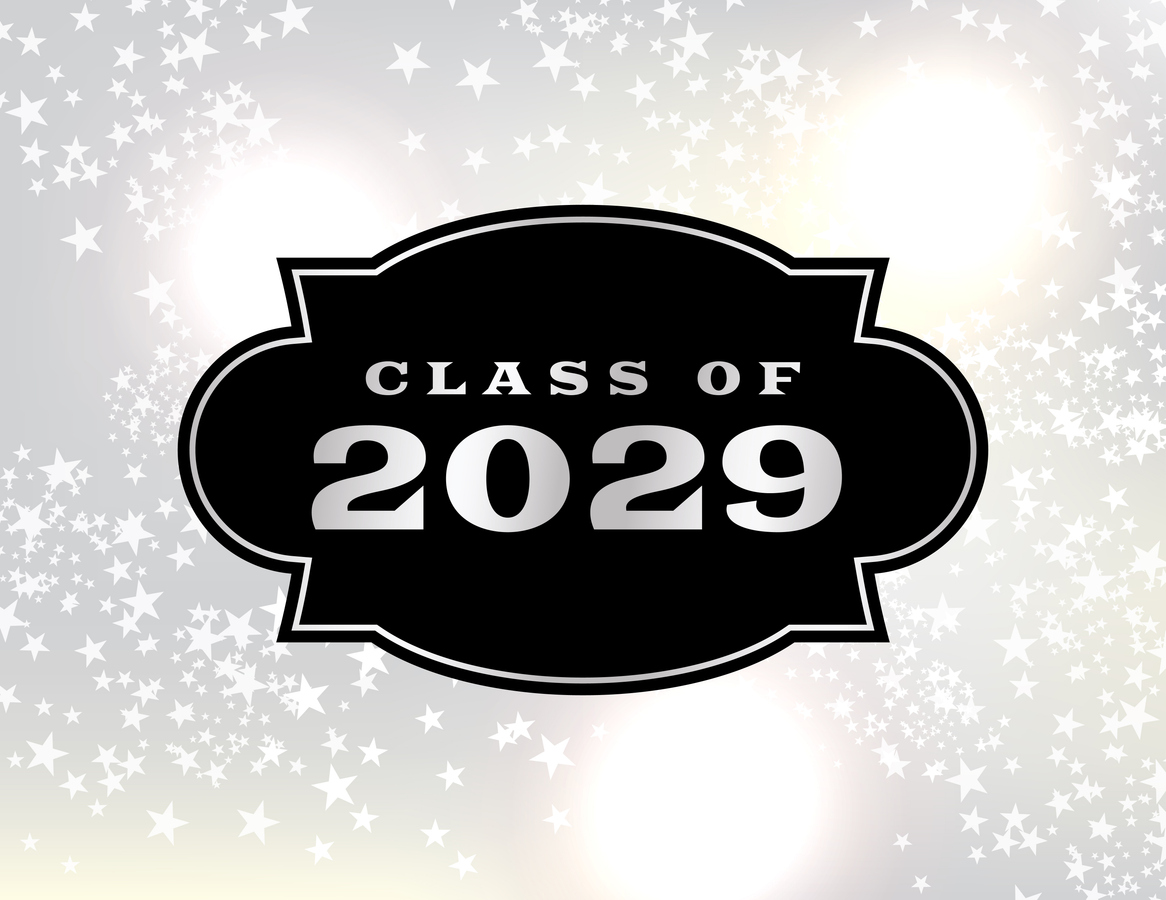
Why Johns Hopkins?
By
Alessandro Buratti
June 16, 2025
•
2
min read
Share this Article
Simply highlight text to share on social or email
Founded in 1876, Johns Hopkins University (JHU, and no, that first word, Johns, is NOT a typo!) is America’s first research university — and it shows. With a laser focus on academic inquiry and a global reputation for excellence in medicine, science, and international studies, JHU attracts intellectually ambitious students who want to make an impact.
But beyond the research labs and Nobel Prize–winning faculty, Hopkins offers a vibrant, flexible undergraduate experience. Here’s what makes it special — and how to craft a standout application.
What Is Life at Hopkins Like?
Located in Baltimore, Maryland, Johns Hopkins enrolls around 5,500 undergraduates across the Krieger School of Arts & Sciences and the Whiting School of Engineering. The student-faculty ratio is 7:1, which means students can enjoy a lot of one-on-one time with top faculty and instructors.
A lesser known fact about Hopkins is that students have enormous freedom to chart their own academic course. Unlike many top-tier schools, Hopkins has no core curriculum. Instead, students have distribution requirements to ensure a liberal arts education, with appropriate depth in each major course of study. This means students can explore across departments without being bound to a prescribed set of general education courses. Want to double major in biomedical engineering and music composition? At Hopkins, that’s not only possible — it’s encouraged.
Standout Academic Features
1. Undergraduate Research Is Everywhere
Hopkins is synonymous with research. In fact, it spends more on research than any other U.S. university. But what’s less known is that research at Hopkins isn’t limited to the sciences. Whether you’re studying global health, archaeology, or creative writing, research is woven into the undergraduate experience. Many students publish papers, work in labs, or partner with faculty mentors early in their college career. Senior theses aren’t required for every major, but you will likely be engaging in research at some point throughout your undergraduate studies at Hopkins, or even taking graduate coursework.
2. Cross-Disciplinary Learning
Students can pursue majors, minors, and even special interdepartmental programs that blend fields. Popular combinations include neuroscience and computer science, or international studies and economics. The Hopkins ethos is all about pushing intellectual boundaries.
The total lack of core requirements encourages students to explore interdisciplinary connections and pursue multiple degrees. For instance, this author completed three completely unrelated majors (Writing Seminars, mathematics, and French) in four years, along with a semester abroad! And before you think “that’s exceptional!,” I promise I wasn’t even the only triple major in my graduating class!
3. World-Class Pre-Med and STEM Opportunities, but not only!
Thanks to its affiliation with the Johns Hopkins Hospital and Bloomberg School of Public Health, JHU is a top choice for pre-med students. Undergraduate pre-med students can even intern at the JHU Hospital and engage in actual research with current medical students, which bolsters any med school application.
But don’t sleep on its humanities programs — Writing Seminars and Classics are nationally ranked. In fact, Writing Seminars is one of the nation’s only undergraduate creative writing majors at a top university, and draws on the seminar approach found in most MFA programs, ideal for preparing students to become writers and professors of writing.
What’s the Campus Culture Like?
Despite its intense academics, Hopkins has a collaborative, not cutthroat, environment. Many classes are discussion-based or project-oriented, and professors are accessible outside the classroom.
Hopkins students are famously passionate — not just about their studies, but also their extracurricular pursuits. From acapella groups and student government to public health initiatives in Baltimore, there’s space to build community and grow. This author was part of the band, the Hopkins Symphony Orchestra (a university and local organization), as well as a fire twirler in the Entertainers Club!
Baltimore itself is a key part of the experience: students work in schools, hospitals, museums, and nonprofits throughout the city. The university encourages civic engagement and real-world impact. The Charles Village neighborhood where the Homewood Campus is located is an absolute treasure (a far cry from the neighborhoods pictured in The Wire) and the Hopkins shuttle can take you to the Penn Station area for crêpes and a movie at the historic Charles theater, to Mount Vernon for a lovely study session in the Peabody Library, one of the most beautiful libraries in the world, and all the way down to the Med School and Inner Harbor.
We should also mention that the Homewood Campus is absolutely gorgeous — red brick lined with white marble everywhere! Just be careful when it’s cold. The rain can easily turn to ice on the marble, making it a bit hazardous.
What Kind of Student Thrives at Hopkins?
To put it bluntly, Hopkins students are nerds! The kind that get excited about the library being open 24/7. If you’re intellectually curious, self-motivated, and eager to ask hard questions, Hopkins might be your home. Successful applicants often demonstrate academic depth, intellectual risk-taking, and a desire to make a difference.
Hopkins students are also passionate about correcting everyone who mispronounces or misspells the school’s name. Indeed, Johns Hopkins was the name of the 19th century philanthropist who donated the money for what would eventually become The Johns Hopkins University. He was named for his great grandmother’s maiden name, Johns, so he probably also had to correct a lot of people during his lifetime.
Financial Aid & Admissions Particularities
Like most top US colleges, Hopkins is need-blind for U.S. applicants and meets 100% of demonstrated need. Since 2019, it has eliminated student loans from financial aid packages — replacing them with grants.
Additionally, Hopkins is very proud of saying no to a specific kind of affirmative action — legacy admits. So if one of your parents went to Hopkins, this won’t make a measurable difference in your chances of gaining admission.
How to Stand Out in Your Hopkins Application
For many years, Hopkins has had the same, deceptively simple supplemental essay prompt:
How has your life experience contributed to your personal story—your character, values, perspectives or skills—and what you want to pursue at Hopkins? (350 word limit)
This is your typical Why Us/Why You prompt, but it starts with YOU. So like many essays, avoid the temptation to write what you think they want to hear. Instead, show the real you — the student who reads microbiology journals for fun, runs a nonprofit, or asks philosophical questions at dinner and then be sure to link that to specific opportunities at Hopkins.
But don’t take our word for it. Hopkins famously publishes “Essays That Worked” every year, so you can see what sort of narratives do the trick.
Need help bringing your Hopkins application to life?
At AtomicMind, we’ve helped students earn admission to Hopkins through thoughtful storytelling, deep research, and strategic planning. From essay development to application strategy, we’re here to help.

About the Author: Alessandro graduated from Yale University with a major in History and earned his M.A. in International Economics and Politics at Johns Hopkins. While in college, he studied in the UK as a Visiting Student at Oxford University, and later served as a Yale Alumni Interviewer. Alessandro brings analytical depth, empathy, and creativity to his role of Head Advisor at AtomicMind, where he empowers students to craft powerful narratives grounded in authenticity and originality.

Share this Article



